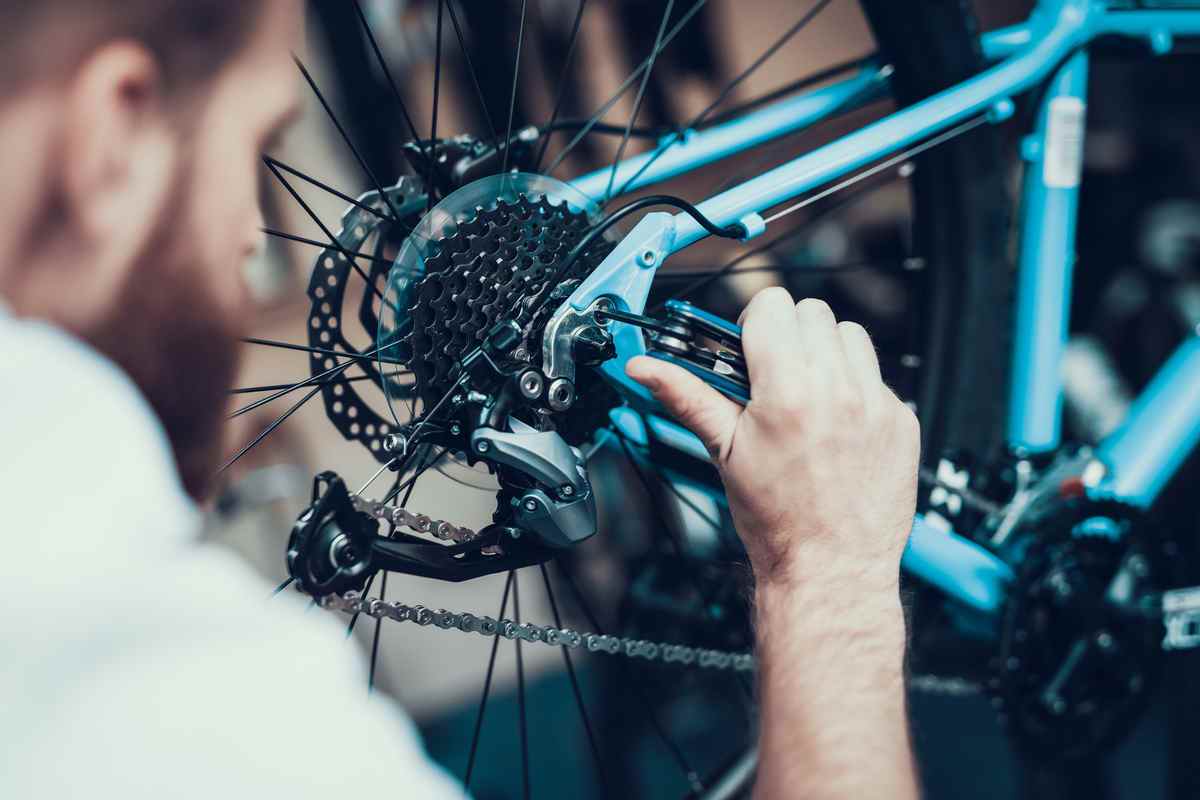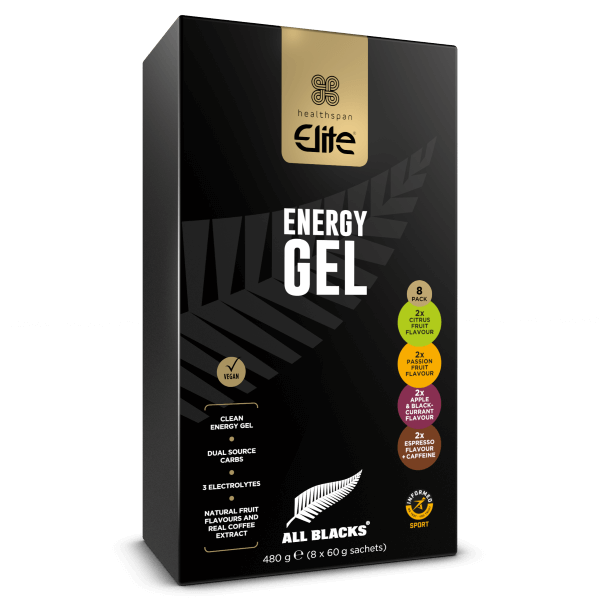Contents
How to fuel your ride | Psychological preparation | Kit bag | Clothing | Short races | Longer races | Recovery
With help from British Cycling's Elite Road Coach Chris Newton, Sports Nutritionist Rob Hobson explains how to prepare for a cycling road race, from clothing and tools to diet and hydration.
Proper nutrition and hydration can make or break a bike race. Food directly impacts energy levels and performance. However, good nutrition doesn't work without adequate hydration. This can impact how quickly the gut empties, affecting the time it takes for your muscles to receive the energy they need. If food remains in the gut for too long, it can also lead to nausea and bloating.
Chris Newton, a British Cycling Elite Road Coach for the women's endurance team, explains how to prepare for a 20-mile road race. "My three top tips would be to incrementally build up duration and intensity of training; identify your own strengths and how you would like to race, e.g. attacking, sprint finish, long-range effort, and then incorporate these types of efforts into your training plan; and allow sufficient time for adaptation from training and recovery (for example a 3:1 ratio, with 3 training days to 1 recovery day)."
How to fuel your ride
When you are involved in exercise such as cycling, the body uses carbohydrates as its primary fuel source. This is stored in the muscles and liver as glycogen, to be used as needed. Carbohydrates are found in rice, pasta, potatoes, bread, and oats. Meals should be prepared around carbohydrate foods, a moderate amount of protein, healthy fats (olive oil, avocado, nuts, seeds), and plenty of vegetables.
The amount of energy you consume, and hence carbohydrate, may vary depending on the intensity of your training. In the run-up to race day, and before and during the race, your intake is likely to be higher than usual to give you the best chance of fuelling your body for performance.
Strategies to eat and hydrate during a race will differ slightly depending on the distance of your race. Still, the basic principles will remain the same.
What to prepare?
Psychological preparation
Preparing mentally is as important as preparing physically, and you also need to ensure you have the right tools with you. Here are Chris Newton's top tips.
- Have confidence in your training
- Ensure your equipment is race-ready
- Research the course route so you know what to expect on the day
- Visualise different race scenarios
"All the above tips feed into being mentally strong and prepared for the race," says Newton.
Kit bag
"I always encourage our riders to make a checklist in the lead-up to a race and then pack the night before to ensure you are prepared," says Newton. "My advice would be to make sure you pack for different weather conditions; even on a warm day pack a light gilet as the weather can quickly turn. Bring a change of clothes and washbag for after the race, and nutrition supplies. If you have a spare set of shoes for comfort purposes, it's a nice thing to change into."
What about tools? "Always be equipped for a road race – tools are a must! I'd advise bringing along a track pump, Allen keys, at least 2 spare inner tubes, and spare wheels if you have them, as a basic rule. Any tools that are specific to your bike (e.g. Shimano Di2 charger) that you might not be able to borrow from others, you should always bring along too. I'd recommend you make sure you check your own equipment two days before the race and pack your supplies at the same time."
Clothing
"Before the race you should wear warm and comfortable and layer up," Newton advises. "During the race, have arm and leg warmers so you can adjust based on the weather. I always advise our riders to carry a separate wet bag, which contains gloves, overshoes and a waterproof jacket, so you are covered for all possibilities. For after the race, always bring a change of clothing."

Chris Newton, British Cycling Elite Road Coach, advises being well-equipped for a road race, such as taking Allen keys with you.
Short races: around 1 hour
Nutrition
Short rides lasting around an hour will not require additional nutrition during the race so long as your glycogen stores are suitably replenished. To ensure your muscle glycogen stores are maximised, focus on increasing your carbohydrate intake a couple of days before the race. Make every meal carbohydrate-rich, based on pasta, rice, potatoes, and bread.
Before your race, aim to eat a carbohydrate-rich breakfast.
After your ride, you don't need to eat a huge meal. Just choose something small containing a good source of carbohydrate and some protein to help kickstart glycogen replenishment and aid recovery. Try a small bowl of pasta or rice with a bit of chicken or canned tuna.
Hydration
During the race, hydration is a priority, and nothing more than water is needed. Try to start the race well hydrated; a sign of this is that your urine runs clear. This is better achieved by ensuring you are hydrated in general rather than trying to play catch-up before a race.
Longer races: 1-3 hours
Nutrition
The same strategy applies here in the run-up to the race; ensure your body's glycogen stores are fully maximised to help fuel your race. You may want to focus a little more on your pre-race nutrition, as you will be cycling for a more extended period. The goal is to consume 1-4g carbohydrate per kg of bodyweight four hours before your race.
This can't be done in one sitting, so try eating two breakfasts in a two-hour space. The first could be a bowl of porridge or oat-based cereal topped with honey and banana. The second should be a little lighter, like toast with honey or jam.
You will need to refuel with carbohydrates during a ride lasting more than 60 minutes. The recommended amount is 60g per hour, and you can do this with energy gels and drinks containing glucose and fructose. Be careful not to overload your body with carbohydrates during the race, as this can lead to unwanted gut discomfort. You can train your gut to tolerate carbohydrates during training sessions if your tolerance is low. You should also always test any sports supplements before using them during a race.
After the race, you will need a moderately sized meal containing carbohydrates and protein, which should be eaten within an hour of competing.

All Blacks Energy Gels
Fast-acting energy gels with delicious natural flavours
- Delivers fast-acting energy
- 25g fast-acting carbs and 3 electrolytes
- Apple & Blackcurrant, Citrus Fruit, Espresso (with Caffeine) and Passion Fruit
Hydration
It is crucial to be prepared for a longer race regarding hydration. If you are using a sports drink, remember to keep your nutrition and hydration separate so you don't consume too many carbohydrates. Keep two bottles on your bike. Sipping water little and often is recommended to keep hydrated, and you will need more on hot days. You can carry out a sweat rate test for a more accurate idea of how much hydration you need.
Electrolytes help replace lost minerals that support fluid balance. These can be added to your sports drink.
Whatever distance your race is, the basic principles of nutrition and hydration are key to performance success. Achieving this is done by eating the right food at the right time. Sports supplements can also be used as and when appropriate to help support your hydration and energy needs.
Recovery
Finally, Newton concludes, "Always warm down immediately after the race but leave stretching until your fatigue levels have subsided. Hydrate and fuel your body appropriately to support your recovery. Then rest and recover for the following few days."







